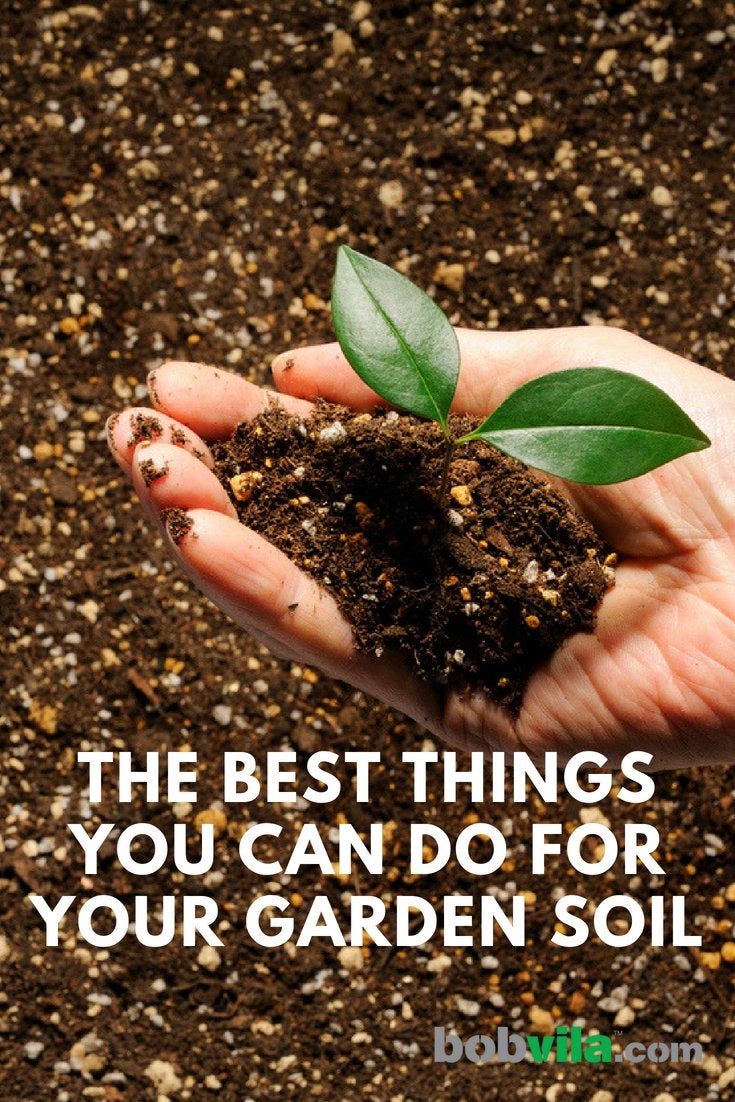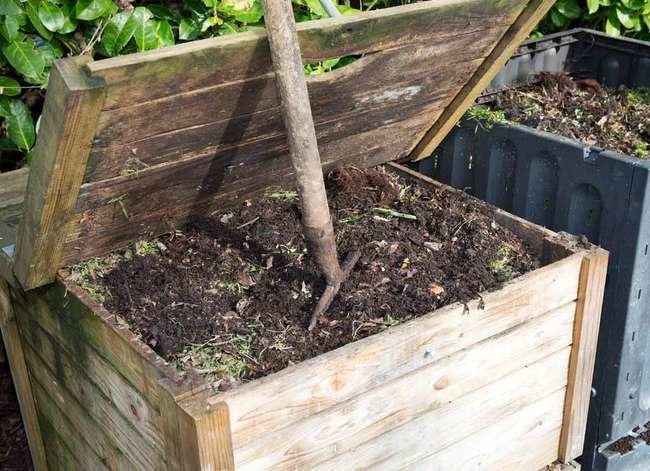

We may earn revenue from the products available on this page and participate in affiliate programs. Learn More ›
Home Advice You Can Trust
Tips, tricks & ideas for a better home and yard, delivered to your inbox daily.
Add Mulch
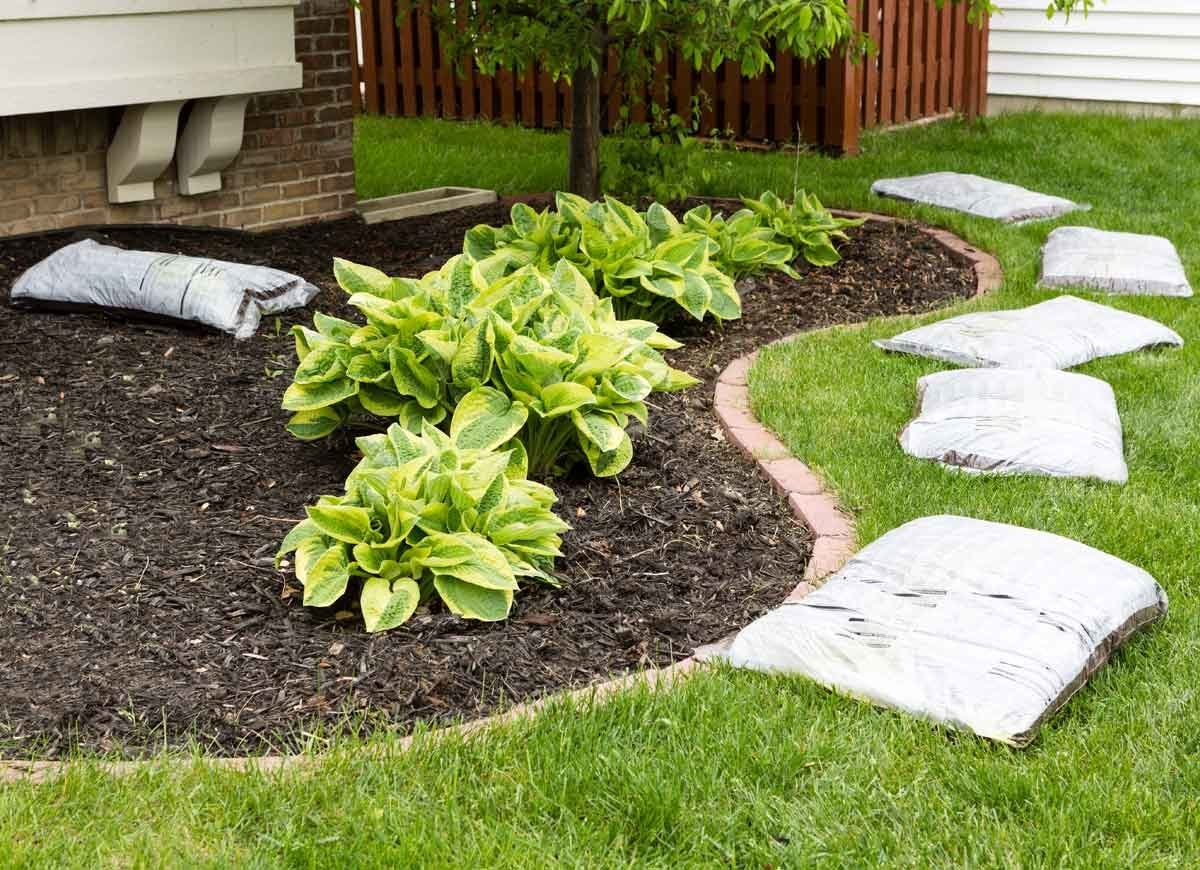
Mulch helps your soil retain moisture, prevents compaction, and discourages weeds. The material also breaks down over time, adding beneficial nutrients to your soil. Whether you mulch with wood chips, leaves, pine needles, or another organic material, the effort will keep your garden healthy throughout the growing season.
Plant Cover Crops
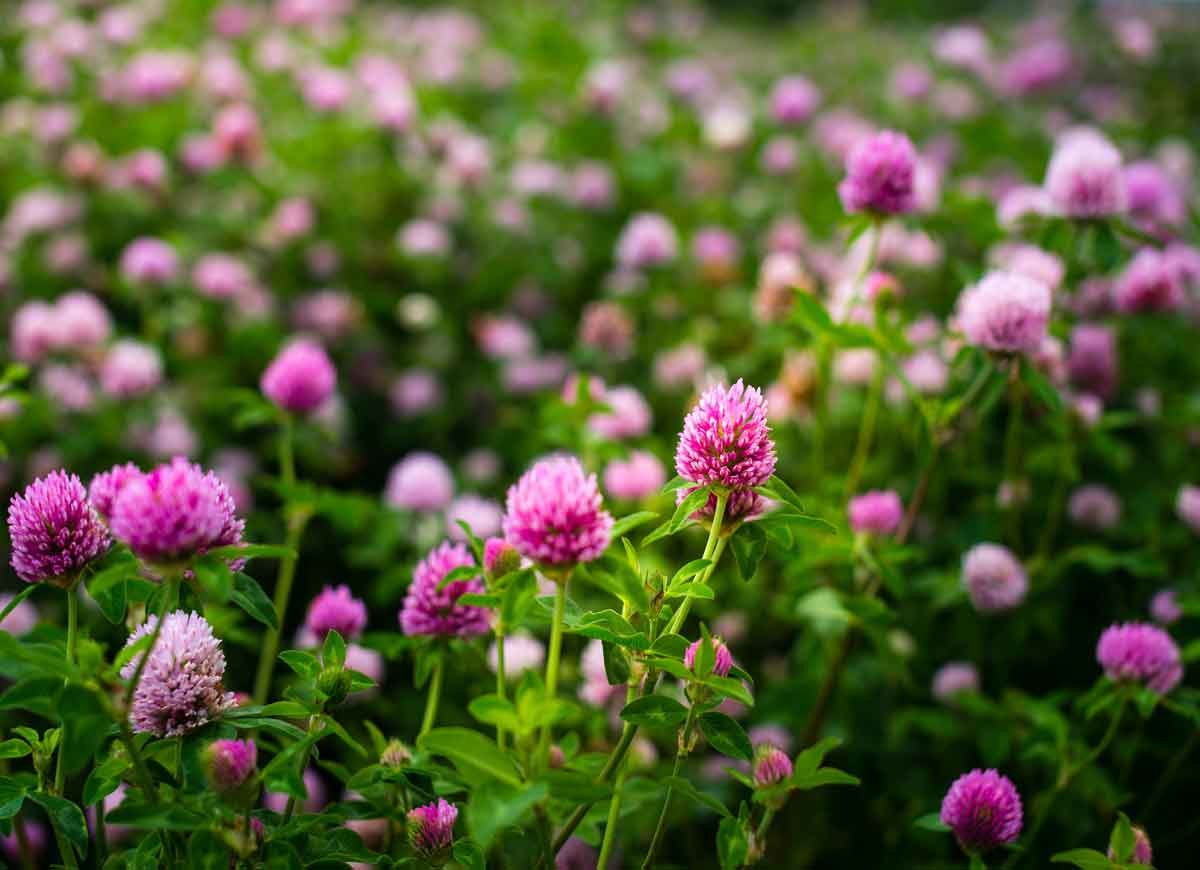
Once peak growing season ends in late summer, gardeners should plant a cover crop to build better soil. Cover crops like legumes, annual ryegrass, alfalfa, and buckwheat grow throughout the fall and winter, adding nutrients to the soil, improving drainage, and reducing soil compaction. Mow them before they go to seed, and turn the soil over in the springtime before planting again.
Compost
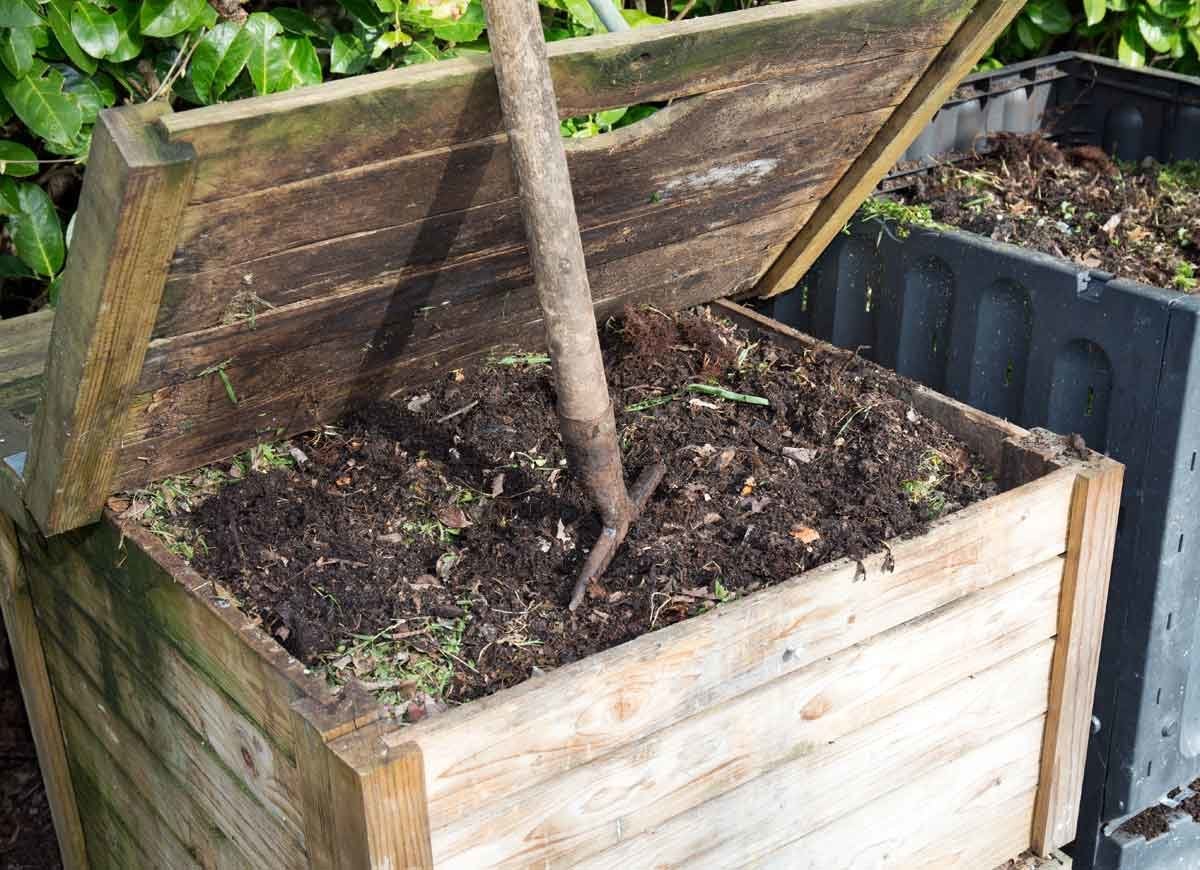
There’s a reason many gardeners swear by composting: the nutrient-dense organic material is a boon for soil health. To get started on your own composting program, collect your yard and kitchen waste in an enclosed container and turn it regularly. Then, in six months to a year, start adding it to the soil as you plant. You can also use compost to top dress plants later in the season for an extra boost of nutrients.
Add Organic Materials
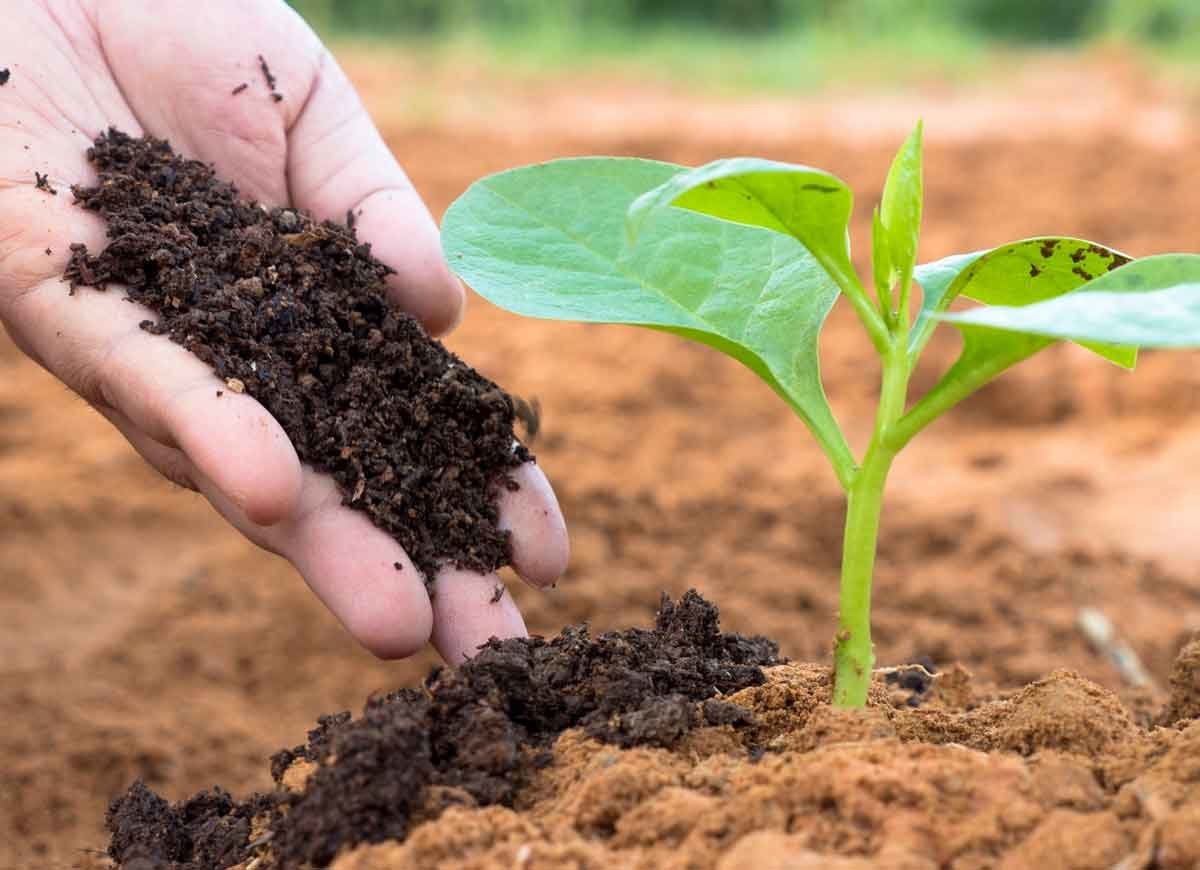
Consider adding organic materials, such as manure, compost, bone meal, or fish emulsion, to your soil. They will enrich the soil, creating a fertile base for all your landscaping plants, vegetables, and flowers.
Avoid Landscaping Fabric
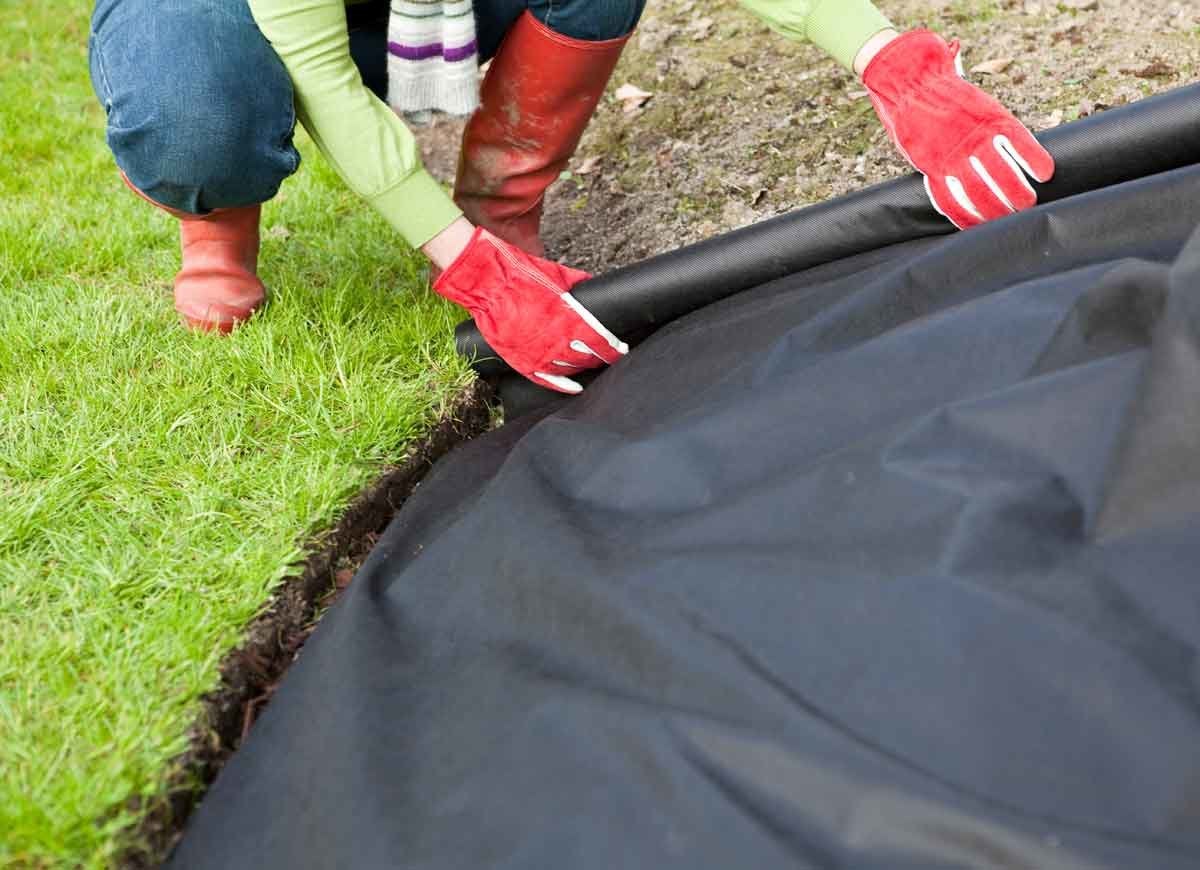
Landscaping fabric is commonly used to prevent weeds; however, many gardeners don’t realize that it leads to soil compaction. What’s more, landscaping fabric forces beneficial critters like worms to leave your garden for more hospitable territory. Try controlling weeds with newspaper or another permeable, biodegradable material instead, because it will eventually decompose and add nutrients to your soil.
Improve Ventilation
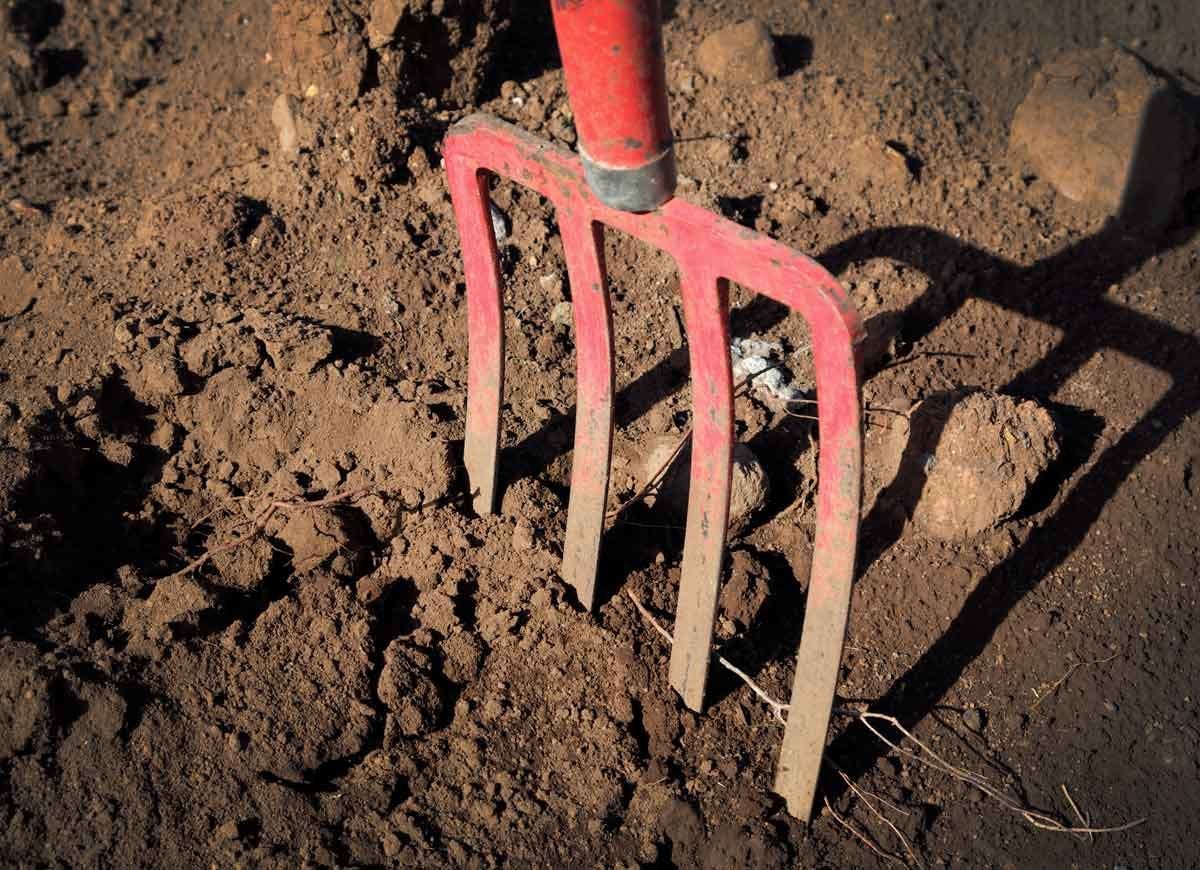
Compacted soil impedes root growth and deprives roots of oxygen, so make sure your soil has proper ventilation. Prevent compaction by stirring your soil with a garden fork or tiller each year before planting. This will also improve water drainage around the roots of your plants.
Avoid Walking on Soil

Heavy footsteps can cause soil compaction, so gardeners should make a walking path through their beds. This will protect the soil around plants from compaction, thus ensuring proper water flow and root growth.
Stay Away from Broad-Spectrum Pesticides
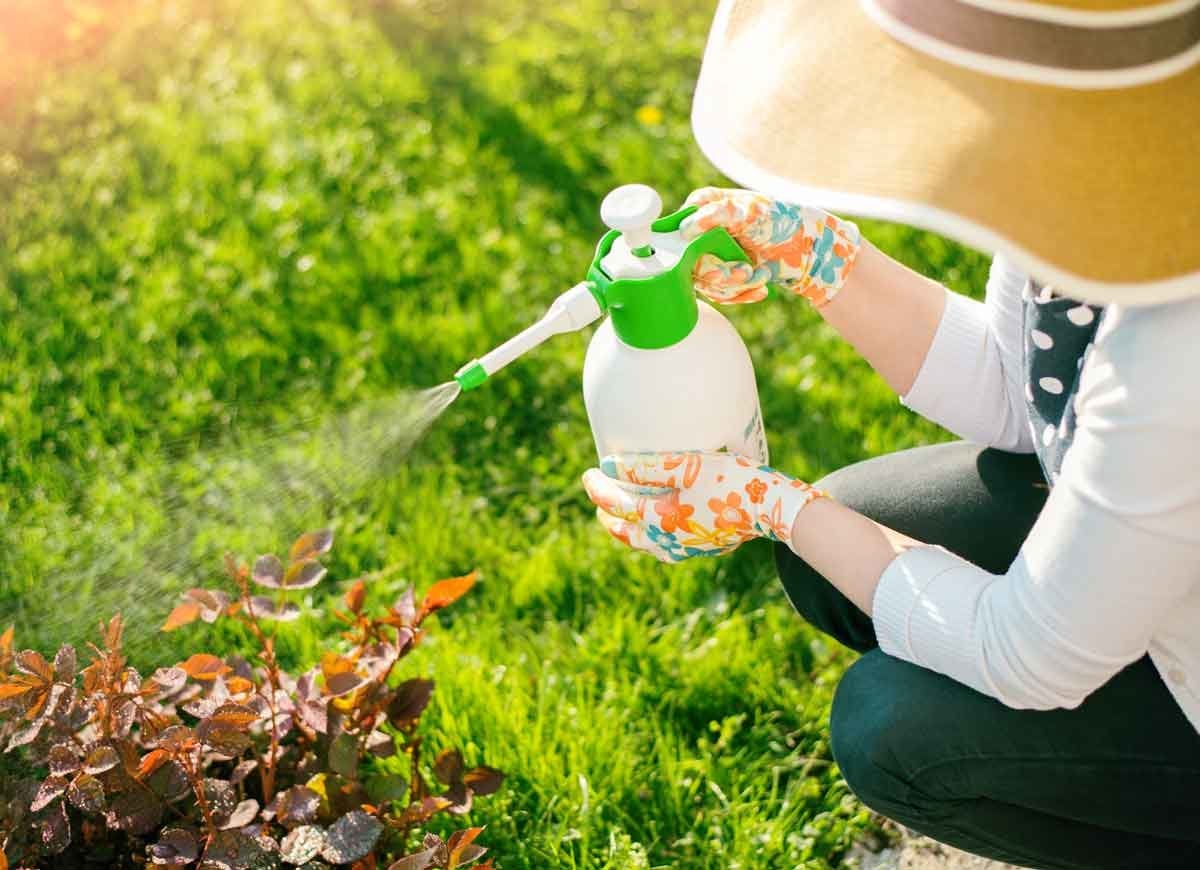
Grubs and insects can wreak havoc in a garden, so you may be tempted to battle them with a broad-spectrum pesticide. Don’t give in to the temptation! These pesticides will kill everything around—even the good guys like worms and ladybugs that help maintain well-balanced soil.
Add the Right Amendments
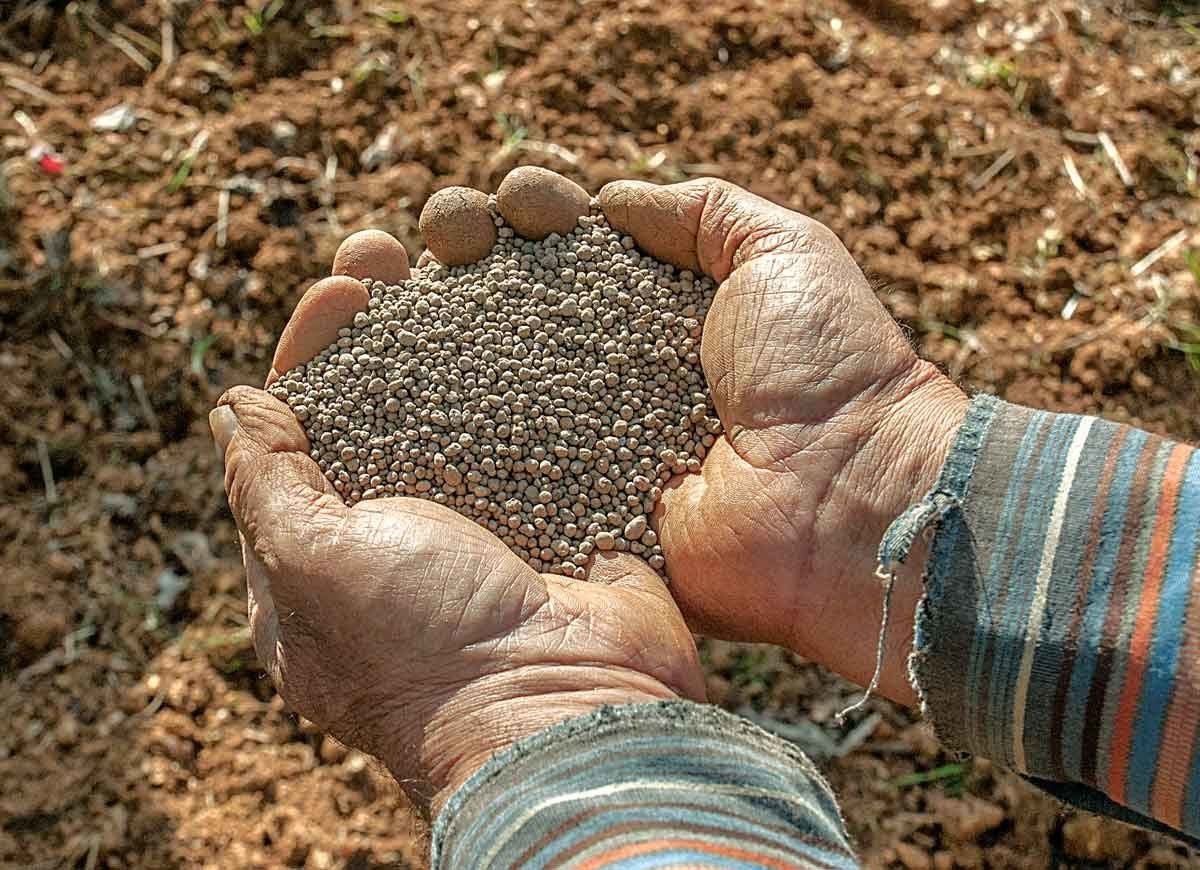
Different types of soil require different amendments. For example, if you have alkaline soil and want to grow blueberries, add an amendment like peat moss to lower the pH. If your soil is too acidic, you can raise the pH by adding an alkaline element like lime. Understanding how these amendments will affect your soil will help your plants to thrive.
Test the Soil
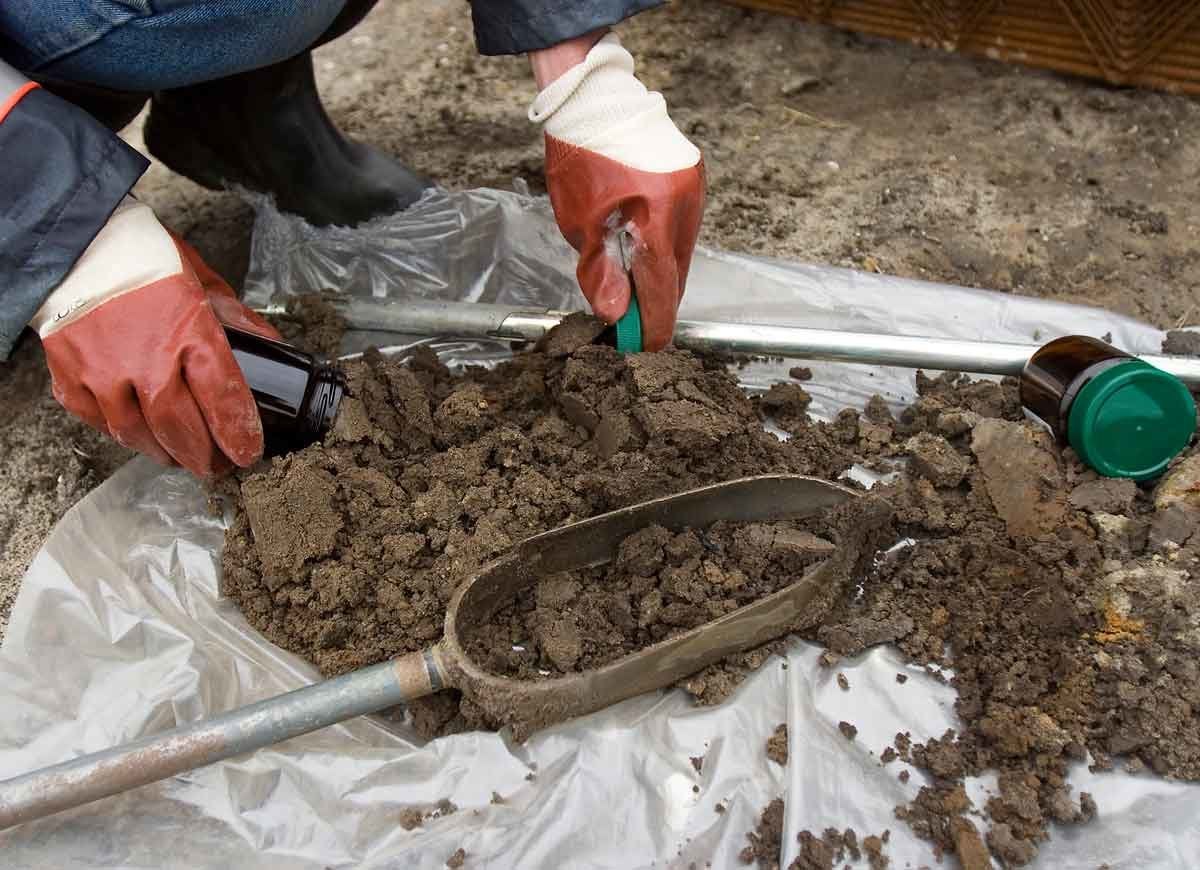
You won’t know what’s going on with your soil if you don’t test it. Fortunately, soil testing kits are inexpensive, easy to use, and available at most home improvement stores. Arming yourself with information about your soil’s organic makeup will help you choose the right methods to improve it, year after year.
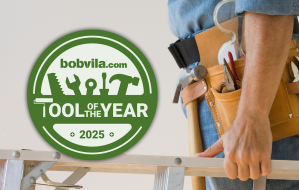
Meet the 2025 Tools of the Year
After months of scouring the market and putting products through their paces, we’ve named the best of the best in new tools. There’s something for everyone, from veteran pros to average Joes.
